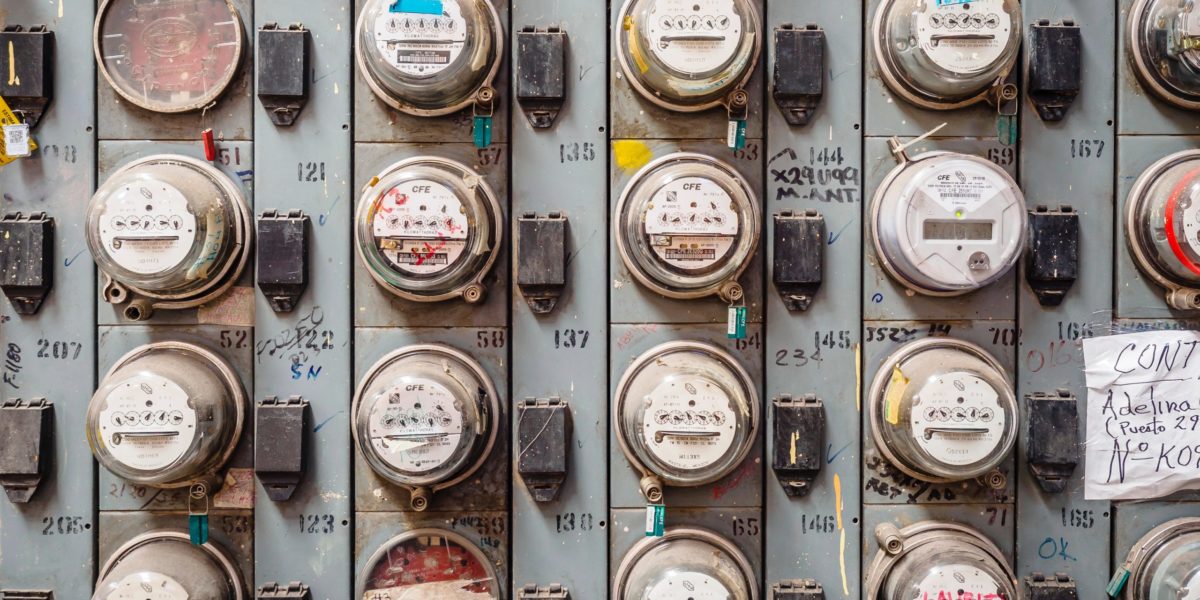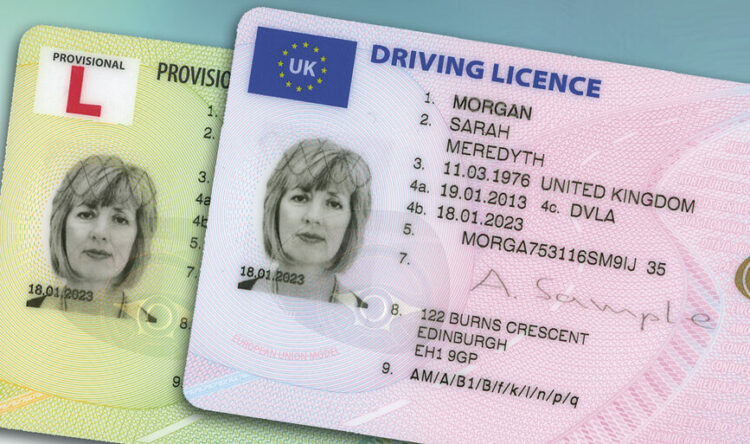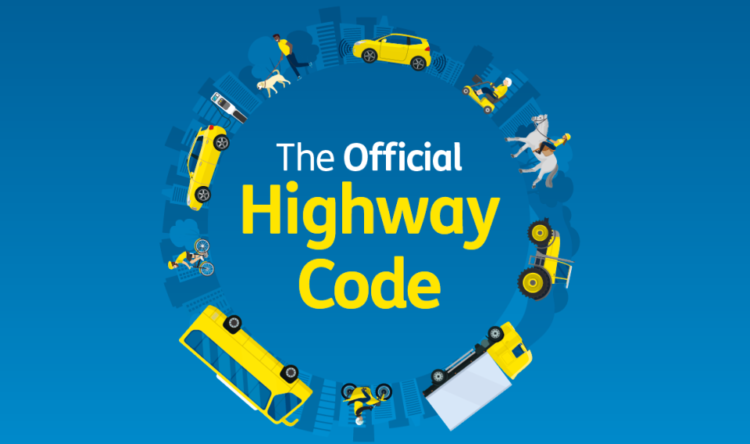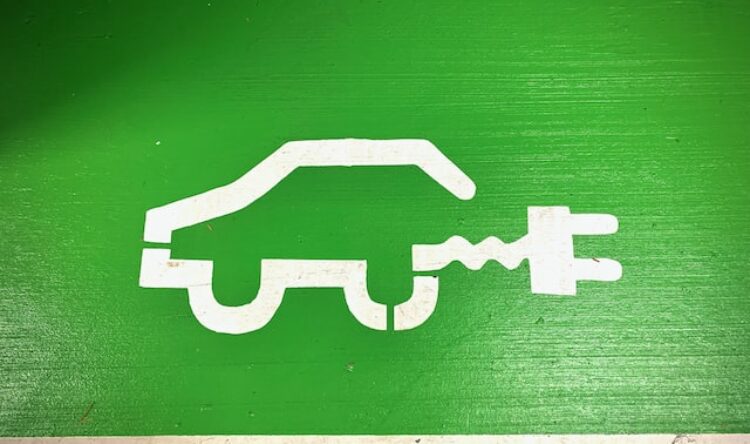Road pricing comes closer
Transport committee report calls for immediate action to design an effective road pricing scheme for the UK
Parliament’s Transport Committee is calling on the Government to reform motoring taxation.
The cross party review wants to see a ‘pay-as-you-drive’ scheme using telematics technology introduced.
With the current switch to electric vehicles (EVs), current road tax revenues of £35 billion a year from fuel duty and vehicle excise duty (VED) could disappear by 2050 unless ministers act now.
Running out of road
Publishing their report today (4th February), the Transport Committee’ report on road pricing is calling for radical change. It says that the Government should consider a road pricing mechanism using telematics technology. Drivers can then be charged according to distance driven, factoring in vehicle type and time of day.
MPs say they have not seen a viable alternative to a road pricing system based on telematics. It suggests it’s the only route the Government can take to reform motoring taxes and plug the potential shortfall in revenues. However, the report adds that any new system of road taxation must be revenue neutral. In essence, it needs to assess the impact on high-mileage drivers, such as road hauliers and those in rural communities, and on those least able to adapt to increased motoring costs.
Time to act
Huw Merriman MP, chair of the Transport Committee, says it’s “time for an honest conversation on motoring taxes”.
“The Government’s plans to reach net zero by 2050 are ambitious. Zero emission vehicles are part of that plan. However, the resulting loss of two major sources of motor taxation will leave a £35bn black hole in finances unless the Government acts now – that’s 4% of the entire tax-take.
“Only £7bn of this goes back to the roads; schools and hospitals could be impacted if motorists don’t continue to pay.”
The Transport Committee launched its road pricing inquiry in 2020. It considers the implications of accelerating the shift to zero emission vehicles, including bus and freight vehicles. An important part of the review was the use of new technology to introduce some form of road pricing.
Banning the sale of new petrol and diesel vehicles from 2030 will result in a decline in two significant sources of Treasury revenue. As sales of electric vehicles increase, Treasury revenue from motoring taxation will decrease. At present, neither fuel duty nor vehicle excise duty are currently levied on electric vehicles.
MPs say that without reform, policies to deliver net zero emissions by 2050 will result in zero motor taxation revenue.
“We need to talk about road pricing,” continued Merriman. “Innovative technology could deliver a national road-pricing scheme which prices up a journey based on the amount of road, and type of vehicle, used.
A technology driven flexible system could also help the environment and congestion. “By using price as a lever, we can offer better prices at less congested times and have technology compare these directly to public transport alternatives.
“By offering choice, we can deliver for the driver and for the environment.”
However, he stressed: “Road pricing should not cost motorists more, overall, or undermine progress on active travel.”
Independent and fair
There are also recommendations for the Treasury and the Department for Transport (DfT) to use an “arm’s length” approach. Working with an independent body to examine solutions, a new road charging mechanism could be sketched out by the end of 2022.
Merriman said: “Work should begin without delay. The situation is urgent. New taxes, which rely on new technology, take years to introduce.
“A national scheme would avoid a confusing and potentially unfair and contradictory patchwork of local schemes but would be impossible to deliver if this patchwork becomes too vast.
“The countdown to net zero has begun. Net zero emissions should not mean zero tax revenue.”
Clock’s ticking
The AA’s president, Edmund King, AA president, says problems have been obvious for some time. Transition to zero emission vehicles will mean the Treasury will have to recoup the £35bn currently taken in fuel duty and VED.
It was expected to be investigated as part of the Government’s Net Zero Strategy, published in October. However, this was omitted from the final report.
The Treasury launched a consultation covering the future of VED in 2020, yet it has still not published its findings.
Public support
Research conducted by the AA has shown many drivers accept the principle of ‘pay-as-you-go’. Unfortunately, they currently do not trust politicians to deliver a fair system.
King backs up the call for a “revenue neutral” scheme, and “charges should be set independently”. He adds that a transition period would be required to still encourage the take-up of EVs. “Whatever system put forward must be equitable or it will back-fire,” says King.
Investigations by the RAC also suggests that drivers support the principle of ‘the more you drive, the more tax you should pay’. Nearly half (45%) saying a ‘pay per mile’ system would be fairer than the current regime.
RAC head of roads policy Nicholas Lyes emphasises the need for a taxing system that is “simple and fair to drivers”.
“Ministers should also consider ringfencing a sizeable proportion of revenue for reinvestment into our road and transport network.
“The Treasury needs get moving on this sooner rather than later.”
This report comes in the wake of separate research from Element Energy, commissioned by the Mayor of London. It concluded that to achieve the required reduction in car use in the capital, a new kind of road user charging system needs to be implemented.






